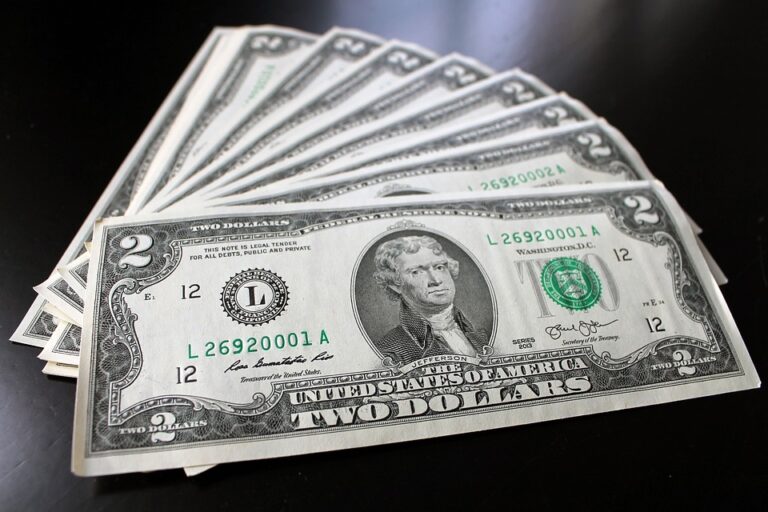Last updated Mar. 27, 2025 by Charles Zemub
In today’s fast-paced automotive market, buying a car often involves navigating through a myriad of financing options. While many car buyers successfully secure loans without a hitch, others fall prey to the infamous "yo-yo scam." This deceptive practice can lead to financial hardship, repossession of the vehicle, and a tarnished credit score. This comprehensive guide will help you understand how yo-yo auto loan scams work, how to avoid them, and what legal protections you can rely on to keep your financial interests safe.
Understanding the Yo-Yo Auto Loan Scam
The yo-yo scam is a predatory lending practice where dealers manipulate the car financing process to exploit buyers. It usually involves allowing the buyer to take possession of the vehicle before the financing is finalized. Within days or weeks, the dealership calls the buyer back, claiming that the financing fell through and they need to agree to new terms, often at a higher interest rate or with additional fees.
How It Happens
-
Initial Approval: The buyer is initially approved for financing, often based on incomplete or misleading information about their creditworthiness. The dealer hands over the keys, and the buyer drives off in their new car.
-
The Call Back: The dealership contacts the buyer, claiming issues with the financing. They may say the bank has denied the loan upon review or that additional documentation is needed.
-
Re-negotiation: The buyer is pressured to return to the dealership to renegotiate the loan terms. The dealer may insist on higher interest rates, additional fees, or even a larger down payment.
-
Threat of Repossession: If the buyer resists, the dealer may threaten to repossess the vehicle, sometimes using aggressive or intimidating tactics.
- New Terms: Feeling trapped, many buyers succumb to these demands to avoid losing their vehicle, often agreeing to terms that are financially detrimental.
How to Avoid a Yo-Yo Auto Loan Scam
-
Secure Financing First: Obtain pre-approval for an auto loan from a reputable bank or credit union before you start shopping for a car. This way, you know your budget and terms upfront, and you are not solely reliant on dealership financing.
-
Understand the Terms: Make sure you fully understand the financing agreement. Read every line of your contract before signing. If there are terms or language you don’t understand, ask for clarification.
-
The Spot Delivery Trap: Be wary of dealerships that use spot delivery tactics—where the buyer takes the car home immediately before financing is finalized. Insist that all financing details are settled before driving off.
-
Get Everything in Writing: Ensure that all aspects of the financing deal, including interest rate, loan term, and monthly payment, are documented in writing before you leave the dealership.
-
Know Your Credit Score: Before car shopping, check your credit report and understand your credit score. This knowledge will empower you when negotiating with dealers and protect against misleading claims about your creditworthiness.
- Ask for a Cooling-off Period: If pressured, insist on a cooling-off period before agreeing to any new terms, allowing you time to consult with financial advisors or consider other financing options.
Legal Protections for Buyers
Federal and state laws offer protections for consumers against unfair and deceptive practices. The Federal Trade Commission (FTC) oversees and enforces regulations that can be leveraged to combat yo-yo scams. Depending on your jurisdiction, state laws might also provide recourse if you have been a victim of such fraudulent practices.
Action Steps if You Fall Victim
- Consult an Attorney: If you believe you have fallen victim to a yo-yo scam, consulting with an attorney with experience in consumer protection can be a crucial step.
- File a Complaint: Lodge a complaint with the Federal Trade Commission (FTC) and your state’s Attorney General’s office.
- Educate Yourself: Utilizing resources from consumer protection agencies can provide further guidance on protecting your rights and understanding your options.
Common Signs of a Yo-Yo Scam
- Ambiguous Contract Terms: Contracts that lack specific details or change over time can be a red flag.
- Pressure Tactics: If a dealer pressures you to sign papers quickly or without letting you thoroughly review them, be cautious.
- Repeated Contact After Sale: If the dealer contacts you frequently post-purchase to renegotiate terms, it’s time to consider seeking professional advice.
The Impact of Falling Victim to a Yo-Yo Scam
Financial repercussions of a yo-yo scam can be significant. Victims often end up paying more for the vehicle than initially agreed, face higher interest rates, and damage to their credit scores. Emotional stress from navigational uncertainty and potential loss of the car can also be overwhelming.
✓ Short Answer
Yo-yo auto loan scams are predatory practices where dealers let buyers take possession of a vehicle before financing is finalized, then demand new, often worse terms under threat of repossession. Avoid these scams by securing independent financing, understanding your contract, and knowing your credit score. Make sure all terms are finalized before taking the car. Legal protections exist, so consult an attorney if you’re affected.
FAQs About Yo-Yo Auto Loan Scams
What should I do if a dealership claims my financing fell through?
First, do not panic or agree to any new terms immediately. Request written documentation verifying their claim. You may also want to visit your lender directly to confirm the status of the loan. Consider consulting with a legal expert if the dealership is evasive or insists on changes.
Are yo-yo scams illegal?
While not all situations termed as yo-yo scams are illegal, many elements, such as misrepresentation and deceptive practices, could be in violation of consumer protection laws. Reporting to authorities can initiate investigations into unlawful practices.
Can I get out of a yo-yo scam contract?
Depending on your jurisdiction and the specifics of your contract, you may be able to void or rescind the contract particularly if legal violations are proven. Legal counsel can offer guidance based on your situation.
Is spot delivery the same as a yo-yo scam?
Spot delivery itself isn’t inherently a scam, but it’s a tool often used in yo-yo scams due to its element of uncertainty regarding finalized financing. It’s crucial to ensure complete understanding and agreement on all aspects before accepting spot delivery.
How can I report a yo-yo scam?
File a complaint with the Federal Trade Commission and notify your state Attorney General’s office. Local consumer protection agencies may also have platforms for reporting such incidents.
What if I change my mind after financing agreement?
If you intend to change terms after a financing agreement has been finalized, engage directly with your lender. Request written confirmation of any alterations to ensure transparency and legal compliance.







